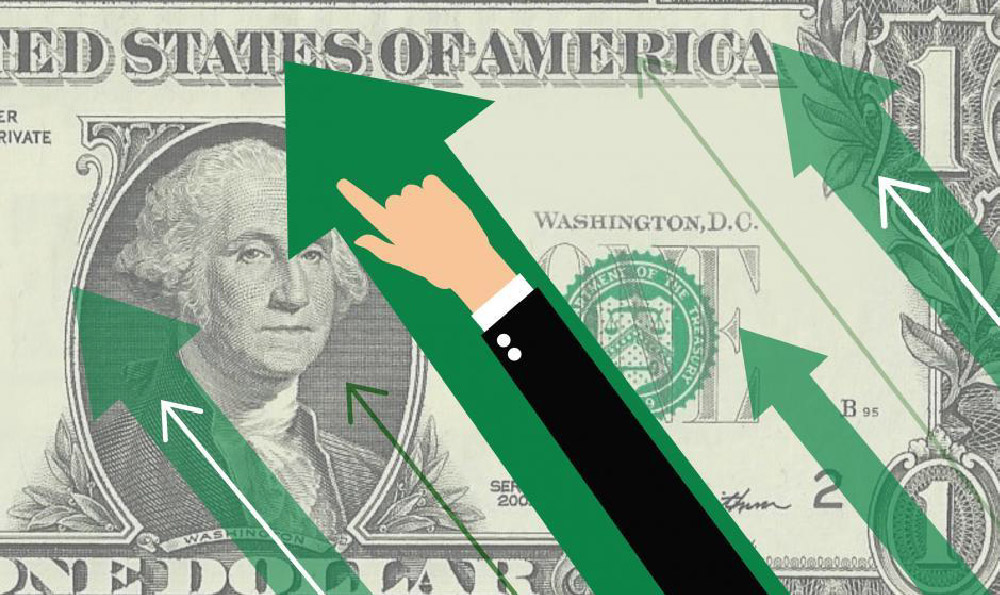The Clintons' accumulation of wealth is a complex story, intertwined with their public service careers and strategic entrepreneurial endeavors. Understanding the sources of their income requires a deep dive into their post-presidency activities, including book deals, speaking engagements, and investment decisions. Their journey from relative financial stability to substantial wealth provides insights into the lucrative landscape available to former high-ranking public officials.
Bill Clinton's presidency, while impactful, didn't translate directly into instant wealth. Upon leaving office in 2001, the Clintons faced significant legal debts from the Whitewater controversy and Paula Jones lawsuit. Addressing these financial burdens became a priority, and Bill Clinton embarked on a highly successful speaking career. His ability to connect with audiences, coupled with his experience on the world stage, made him a sought-after speaker for corporations, universities, and global organizations. Speaking fees reportedly ranged from $200,000 to $750,000 per engagement, quickly transforming his financial outlook. These speeches weren't just lucrative; they also provided platforms for networking and establishing connections that would prove valuable in future ventures.
Hillary Clinton, having served as First Lady, also possessed considerable name recognition and appeal. While she initially pursued a career in the U.S. Senate, she also participated in speaking engagements and book deals. Her memoir, "Living History," became a bestseller, generating substantial income. Her later books, including "Hard Choices" and "What Happened," further contributed to her financial standing. These literary endeavors not only provided income but also allowed her to shape her public narrative and maintain a prominent presence in the political discourse. It's important to recognize that these memoirs offer unique insights into her perspective on significant historical events, further enhancing their commercial value.

Beyond speaking and writing, the Clintons ventured into strategic investments. While specific details of their investment portfolio aren't entirely public, it's understood that they engaged in real estate investments and other ventures. Their financial advisors played a crucial role in guiding these decisions, ensuring diversification and long-term growth. Their understanding of global trends and policy changes, cultivated during their years in public service, likely informed their investment strategies. They likely had access to better information and analysts than the average person, simply by being in the rooms they were in. This is a common advantage afforded to those with political connections.
The Clinton Foundation, a philanthropic organization established by Bill Clinton, also indirectly contributed to their financial standing by creating extensive networks and opportunities. While the foundation is a non-profit entity, it provided platforms for the Clintons to interact with influential individuals and organizations globally. These interactions could lead to future speaking invitations, consulting opportunities, or investment prospects. However, the Clinton Foundation has also faced scrutiny regarding its fundraising practices and potential conflicts of interest, highlighting the complex relationship between philanthropy and personal financial gain.
Analyzing the Clintons' income sources also requires examining the influence of their political connections. Their years in the White House and subsequent public service roles provided them with unparalleled access to influential individuals and organizations. This network, cultivated over decades, translated into lucrative opportunities in the private sector. Critics often point to the "revolving door" phenomenon, where former government officials leverage their experience and connections for personal financial gain. While the Clintons' post-presidency endeavors were legal and ethical under prevailing laws, the potential for undue influence remains a subject of debate.
It's also crucial to acknowledge the impact of public perception on the Clintons' wealth. Their celebrity status, combined with the inherent scrutiny of public figures, amplified both their opportunities and their challenges. Every speaking engagement, book deal, and investment decision was subject to intense public scrutiny. This constant attention could be both advantageous and detrimental, shaping their financial strategies and influencing their public image.
Furthermore, their wealth accumulation occurred against the backdrop of a rapidly changing economic landscape. The rise of globalization, the proliferation of media outlets, and the increasing demand for public speakers all contributed to the lucrative opportunities available to former high-ranking officials. The Clintons were uniquely positioned to capitalize on these trends, leveraging their experience and connections to build substantial wealth.
Ultimately, the Clintons' wealth accumulation is a multifaceted story involving strategic entrepreneurship, leveraging their public service experience, and navigating the complexities of a rapidly changing economic landscape. While their success can be attributed to their hard work, intelligence, and access to opportunities, it's also essential to acknowledge the potential ethical considerations and the scrutiny that comes with public service and substantial wealth. The details surrounding the Clintons' financial history are not entirely known, though public records and publications do shed a light on their sources of income. It is easy to see how their strategic activities, coupled with their political connections, allowed them to achieve financial stability and considerable wealth.












